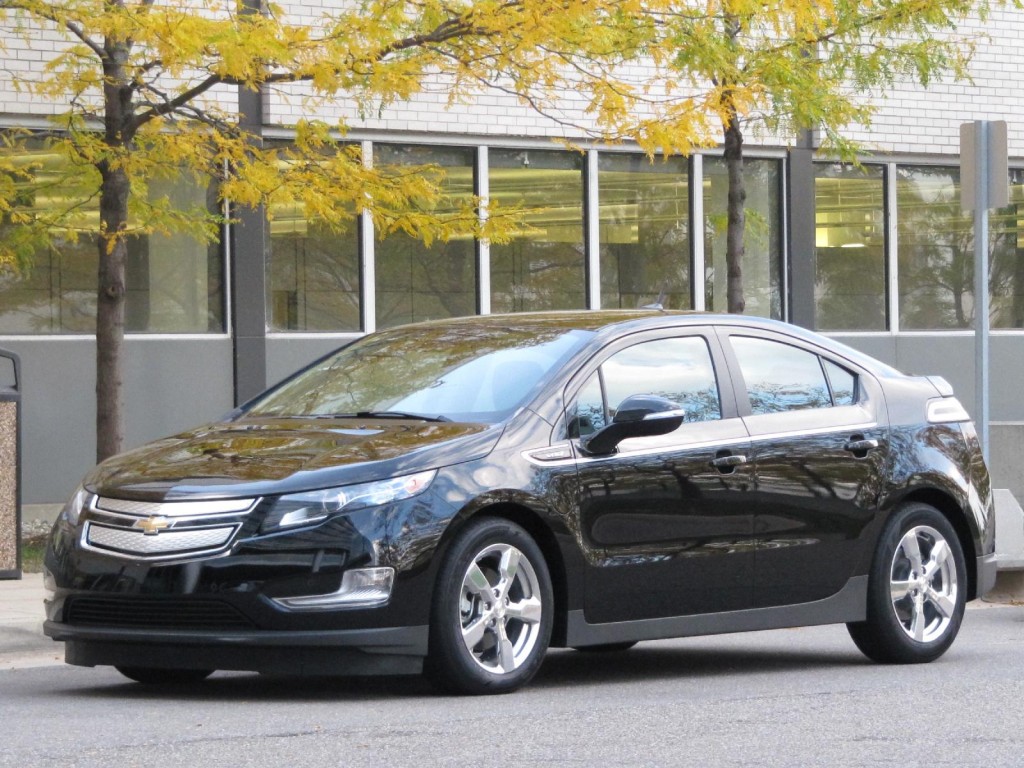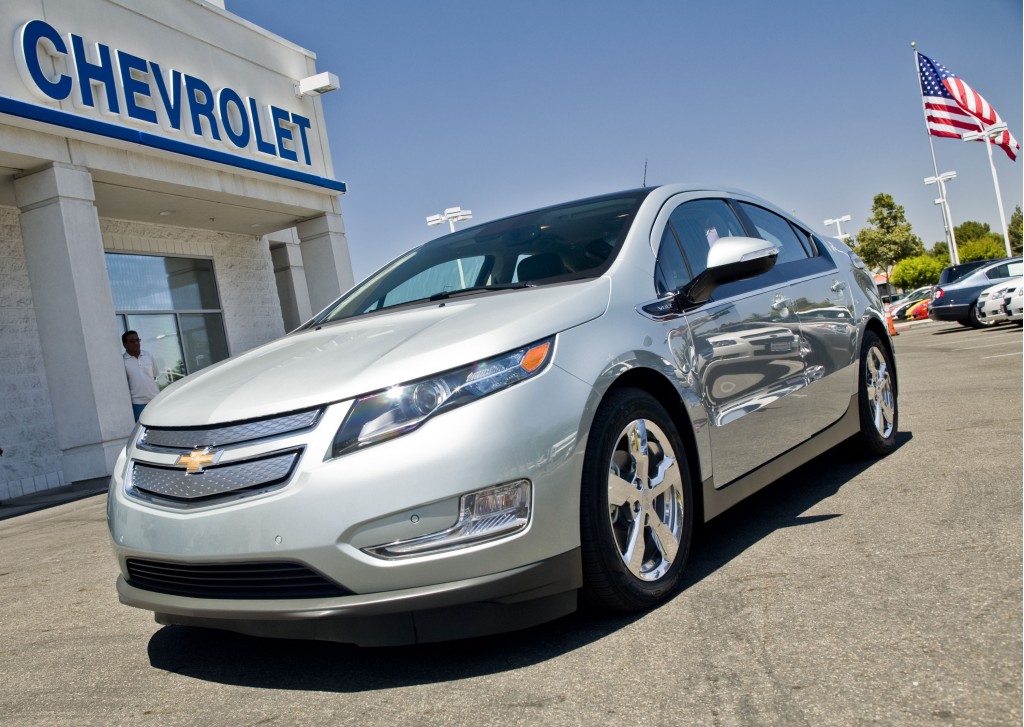Just like any eligible plug-in electric or plug-in hybrid car, buying a 2011 Chevrolet Volt will save you around $7,500 off the sticker price thanks to a generous Federal tax credit.
But will the Chevy Volt save you money in the long run?
That’s the question Consumer Reports sought to answer over the past seven months, as it put a factory-standard 2011 Chevrolet Volt through a dizzying number of tests to find out how the Volt compares to other green cars when it comes to your wallet.
Their conclusion wasn’t that different from something we realized while driving the 2012 Toyota Prius Plug-in Hybrid: It depends on how you drive it.

2011 Chevrolet Volt test drive, Michigan, October 2010
In all-electric mode, and averaging 2.93 miles per kilowatt-hour, Consumer Reports estimated the Volt cost 3.75 cents per mile to run, using the national average price of electricity at 11 cents per kilowatt-hour.
Use the extended-range gasoline engine however, and the cost per mile rockets to 13.69 cents per mile, more than 5 cents per mile higher than a 2011 Toyota Prius.

2011 Chevrolet Volt
But of course, not every trip in the 2011 Chevrolet Volt will even use gasoline, with most daily trips falling well within the Volt’s all-electric range.
The message is simple: If you’re looking for a long-distance, economical, ecological car then you might be better off with a plug-in hybrid like the 2012 Toyota Plug-in Hybrid.
If you can plug in regularly, however, with occasional longer trips that need the help of a gasoline engine, the Volt still wins on both costs and environmental impact.
+++++++++++












